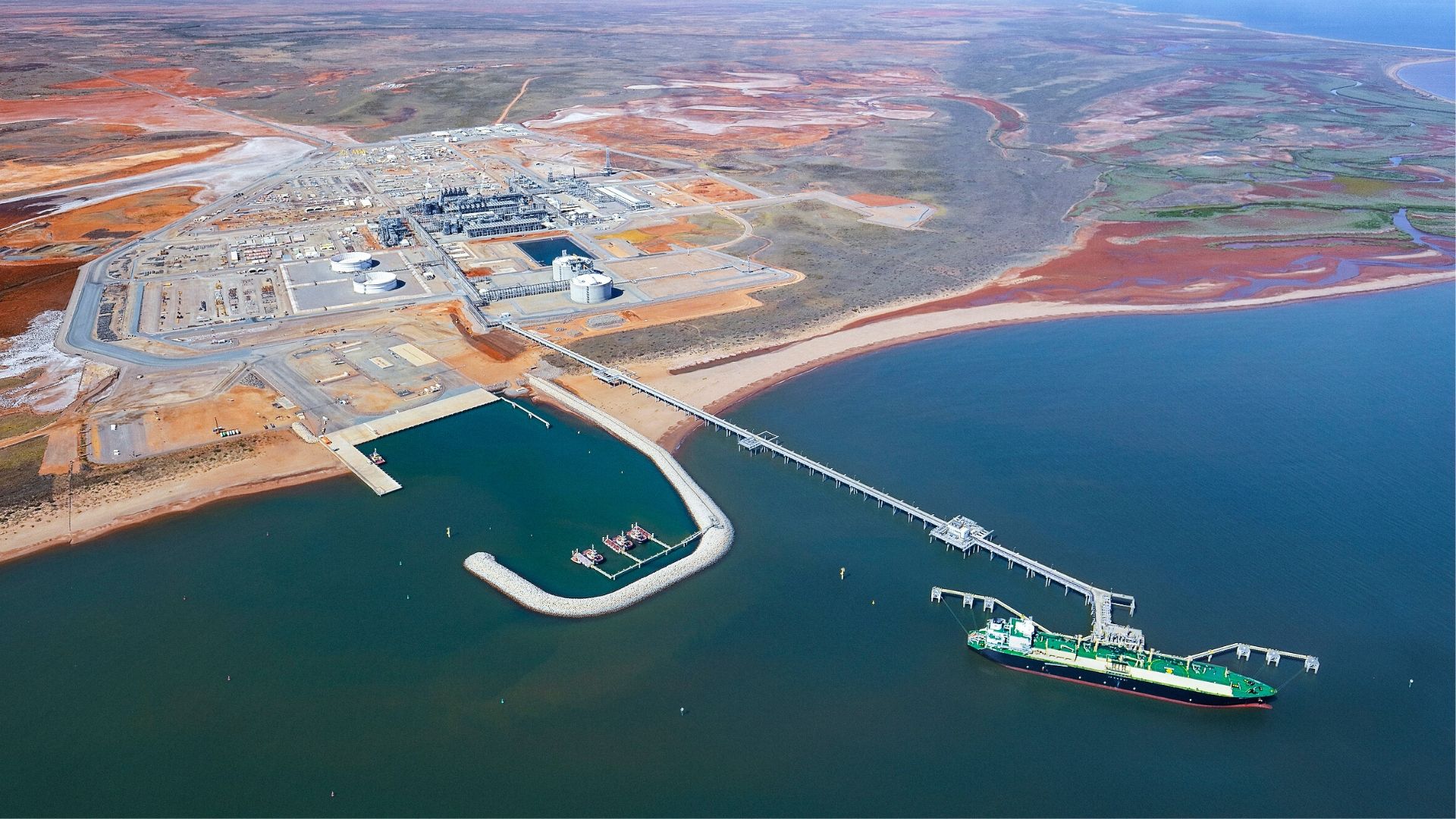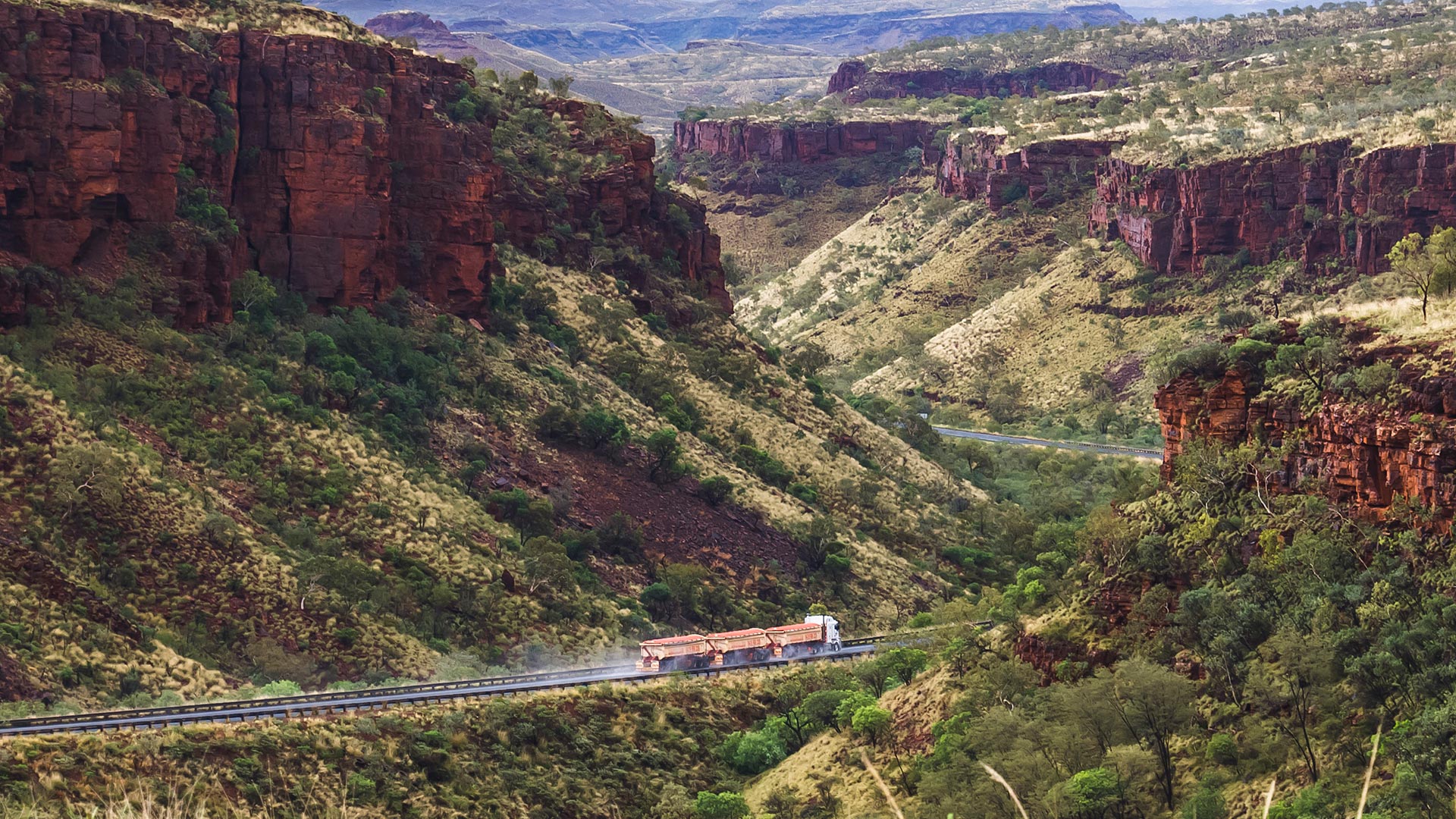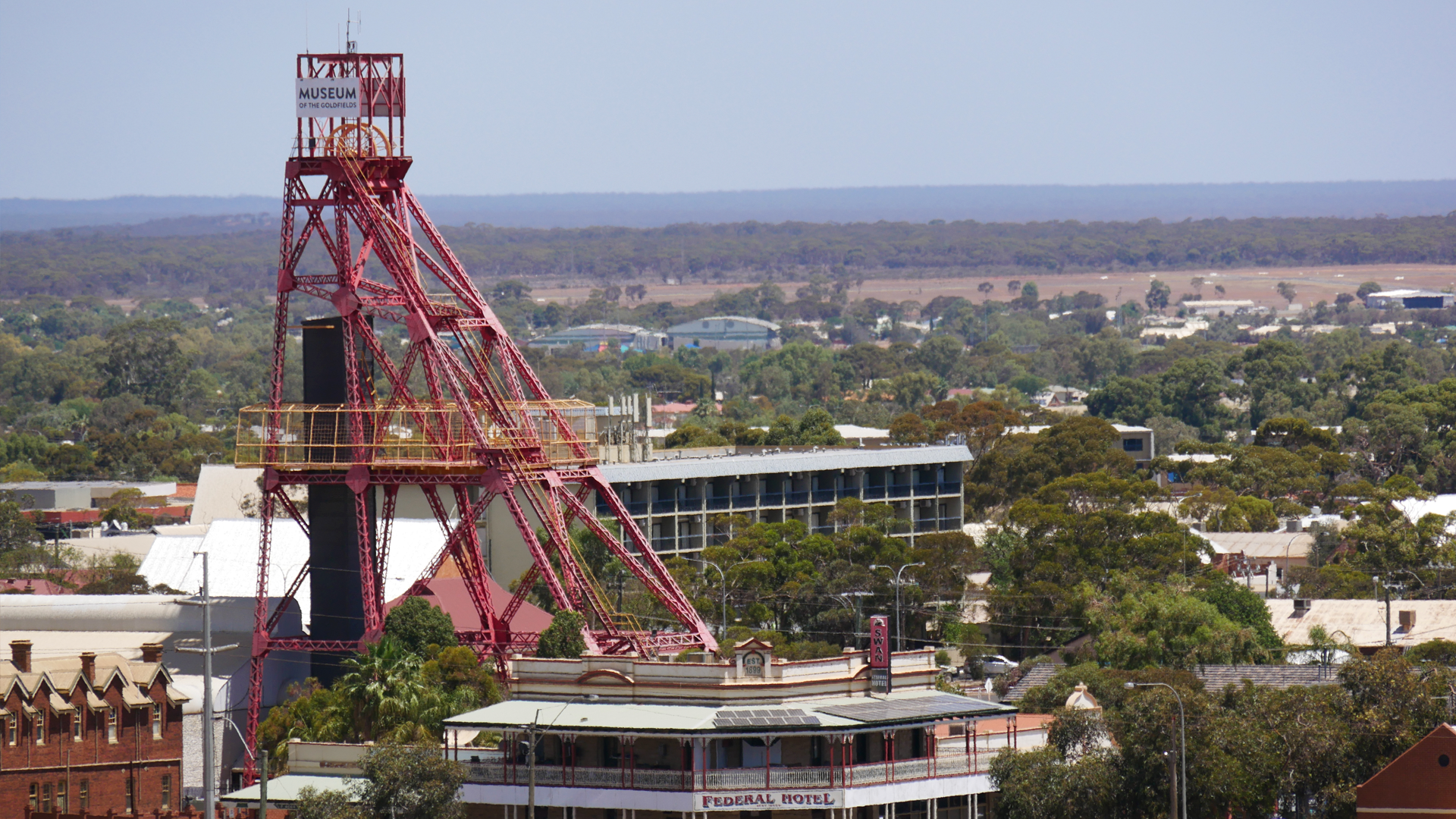A lower emissions economy is not possible without securing the gas, critical minerals and other resources needed now for a pathway to net zero by 2050, a parliamentary inquiry was told this morning.
The Chamber of Minerals and Energy WA (CME) Chief Executive Rebecca Tomkinson told the Economics and Industry Standing Committee’s Inquiry into the WA Domestic Gas Policy that the WA Government’s 15 per cent domestic gas reservation amount had worked well for the state since it formally came into effect in 2006.
Ms Tomkinson said CME’s submission called for no changes to this well-established amount under the DomGas initiative. However she noted shifting global demands for natural resources, geopolitical tensions, climate targets and technological advancements had signalled a need to clarify aspects of WA’s gas policy going forward.
“Renewable technology, energy infrastructure and a secure, stable and reliable electricity supply are all essential to the world’s energy transition – the raw materials for which all come from WA,” Ms Tomkinson said.
“WA needs a low emission, reliable and cost-competitive energy system by 2030 and gas has a role to play in our energy transition, there’s no question about that.
“The existing 15 per cent domestic gas reservation amount is expected to continue to service WA well, but the application of the current policy is open to differences in interpretation between gas users and gas producers.
“What we need now in order to progress towards our national emissions targets is a policy framework from the WA Government that articulates secure delivery of gas into the medium term, transparency of supply, and a workable policy.
“Stable policy settings are essential for investment certainty, market efficacy and the results expected by energy consumers and producers,” she said.
Ms Tomkinson said inefficient government approvals processes for gas developments would impact investment decisions and make it more challenging to bring sufficient supply to the market.
She welcomed recent federal amendments that would enable some sectors to diversify emission reduction pathways and explore technologies such as carbon capture and storage, which would provide some certainty in reaching net zero targets.
“This is where the WA Government can support efforts to help bring adequate supply to market by urgently addressing lengthy and duplicative approvals processes,” she said.
“With several state and federal strategies converging in this space, there’s an opportunity for governments to support education about the role of gas in a stable and reliable energy transition across the board.”
The value of royalties, North West Shelf grants and lease rentals received by the State Government from the sector totalled $12.6 billion in 2022-23, highlighting the sector’s significant contribution to local, state and Australian economies.





